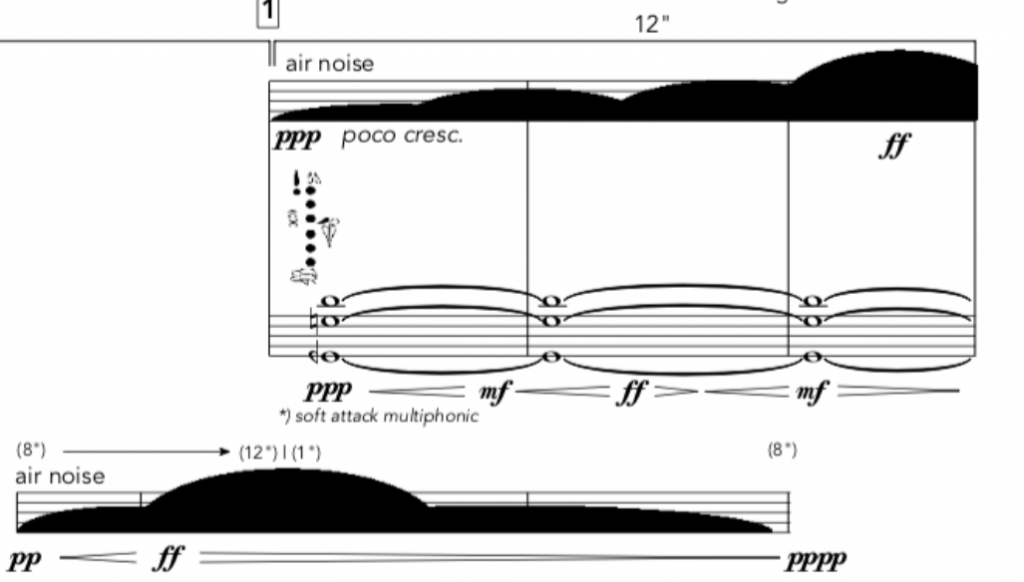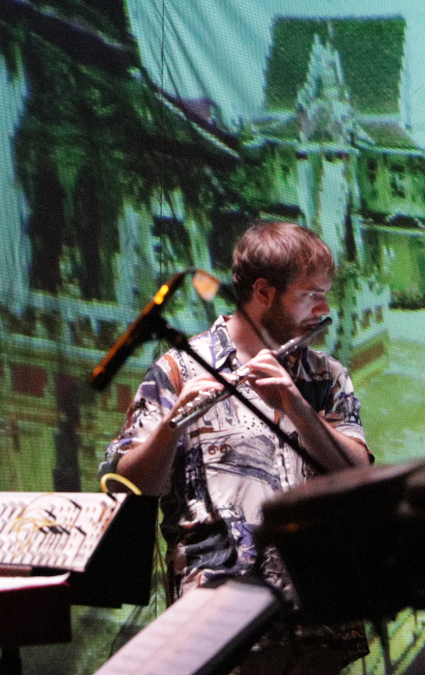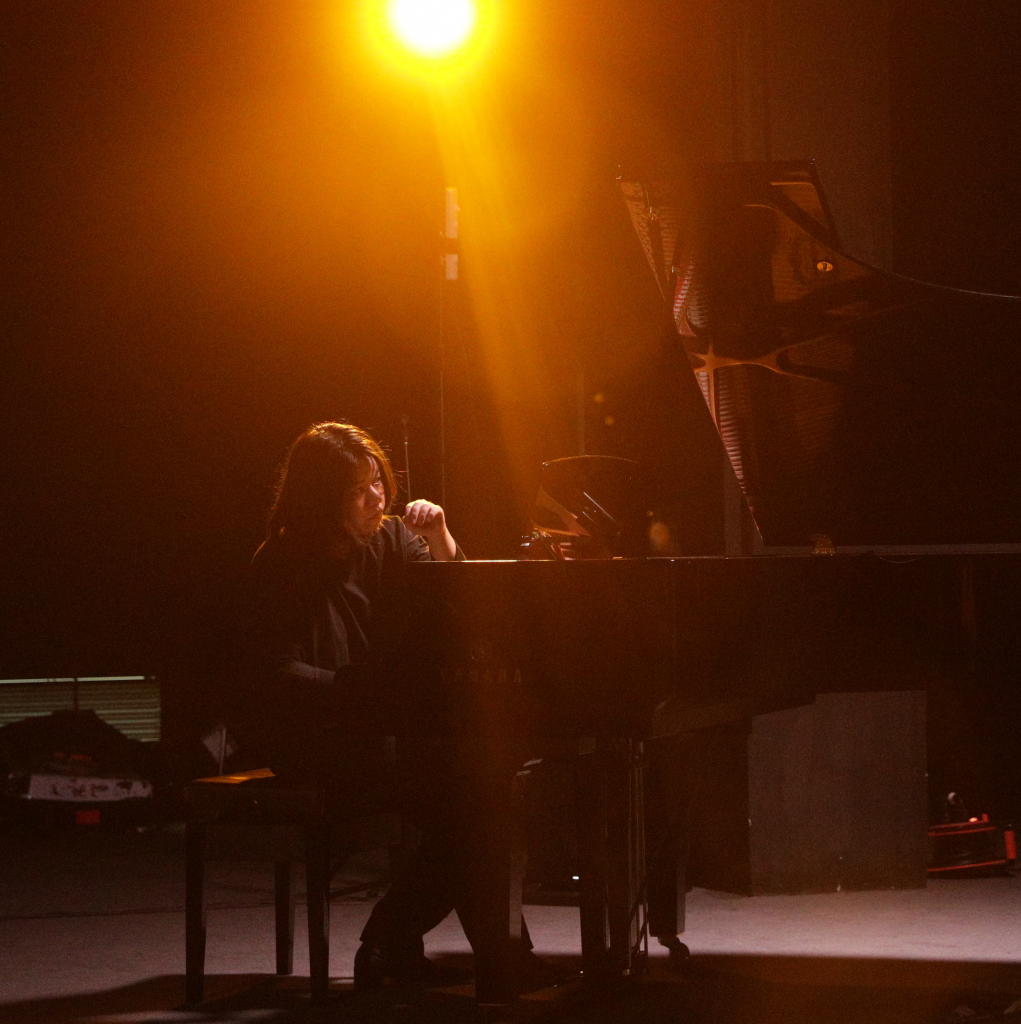This program is specifically designed for creative musicians and sound makers looking to develop their artistic practice and research through a focused applied project. Combining personalised guidance, courses, and seminars, the program balances academic coursework with creative work, enabling students to develop their conceptual and critical thinking while applying their focus to a cohesive artistic process.
Through the programme, students will develop the skills to address challenges they encounter, equipping them to adapt to future situations as their practice evolves. They will gain knowledge and draw inspiration from our vibrant community of students and experts while connecting with our extensive international network of world-class practitioners, visiting artists, and researchers.
Outcome:
The final thesis project includes a portfolio of works — which may include performances, compositions, or installations — along with an in depth text highlighting the context of the research and its creative process. This creative output is focused around a chosen topic which the student use as a main line of enquiry throughout their studies. The artistic work conveys the research’s core ideas and highlights musical and artistic experiences as academic inquiry.

The first year is designed as a foundation, guiding you through a process of discovery and exploration. This phase allows you to delve into your interests, gradually develop your skills, and build a contextual understanding as you define the main direction of your thesis project.
PHILOSOPHY, CULTURES & AESTHETICS
Through thematic presentations, listening sessions, and group discussions, we will examine the functions, techniques, and aesthetics of various forms of music-making in relation to the cultural and historical contexts that shaped them. Together, we will explore the connections between the evolution of technologies, modes of communication, and the consumption of music from ancient times to the present day.
This course is designed to equip you with an understanding of essential historical, theoretical, and critical approaches to the study of music and its associated cultures, providing a contextual framework upon which to build the foundations of your own research project
Coursework includes weekly listening, viewing, and reading assignments, along with regular written and practical creative projects that respond to the themes discussed in class.
NOTATION LITERACY
Running parallel to the inquiry provided in the Philosophy course, Notation Literacy takes you on a journey of discovery through the various notation systems used throughout history and across cultures. You will learn to interpret symbols from a wide range of musical styles as well as other time-based performance arts.
How do we notate sounds and musical gestures? How does visual form impact performance and the overall perception of musical continuums?
The primary aim of the course is to equip you with technical and practical tools to support and enhance your own musical and artistic practice. Throughout the course you will apply selected notations and concepts to your own creative projects.
MASTER MUSIC SKILLS
Through one-on-one tutorials with an expert in your field, you will develop your technical and artistic skills in your chosen specialty ( performance, creation, musicology). These tutorials combine theoretical and practical approaches, allowing you to delve deeply into your practice while connecting it to the broader context of the course.
SEMINAR I
You will participate in curated group presentations and discussions focused on artistic research and interdisciplinary studies. These sessions provide valuable insights into diverse artistic practices and research methods. By engaging with senior students, local experts, and international guests, you will broaden your perspective. Weekly reading assignments will deepen your understanding of research methods and dissemination styles, and you will be expected to submit brief summaries reflecting on the sessions and related readings.
INTERDISCIPLINARY MUSIC STUDIES
Through the study of methods, theories, and examples of creative practices that integrate music with other art forms, you will develop your own practical interdisciplinary project. This involves collaborating with a practitioner from a complementary discipline, enhancing your ability to communicate and work across fields. Mastering this skill is essential for any artist aiming to build a successful career in the 21st century.
MASTER MUSIC SKILLS II
During the continuation Of Master Skills I, you will continue developing your skills and artistry through the one on one guidance of an expert.
SEMINAR II
This series of bi-monthly seminars offers group presentations and discussions on themes in artistic research and interdisciplinary studies. You will collaborate with peers to curate two group sessions per semester, featuring invited guests. These seminars may include performances and demonstrations and are open to the public.
ELECTIVE I & 2
We offer a wide range of Electives supporting the various needs of our students.
Refer to the list below for reference
Year 2
After completing the foundation cycle, the second year focuses on helping you refine your artistry and autonomy through a guided process. During this time, you will develop your thesis project and its public outcomes, learning to shape and realise your creative vision.
MASTER SKILLS III
The last of those one on one tutorial sessions during which you will have an opportunity to fully develop your techniques and artistic goals.
SEMINAR III
This course focuses on group presentations and discussions exploring key themes in artistic research and interdisciplinary studies. You will curate one individual session, highlighting a topic related to your ongoing research. These sessions are expected to include performance or demonstration elements and feature invited guests relevant to your chosen theme.
ELECTIVE 3
THESIS
You will develop your main artistic project in alignment with your research, guided by your supervisor. This process involves gathering and organising your findings, establishing a creative workflow, and experimenting to shape your artistic outcome, which will be presented in the following semester.
THESIS
This is the semester and your vision must be fully realised. These are the final steps where you complete your compositions or perfect your interpretations for your performances and organise the public outcomes and the actual production of your project.
SEMINAR 4 ( PUBLIC RESEARCH PRESENTATION )
During this final round of group presentations and discussions on key themes in artistic research and interdisciplinary studies, You will curate one individual session, showcasing your research as it near completion. These sessions should include performance or demonstration elements and involve guest participation.
We provide elective courses on a variety of topics:
212 101 Music Analysis
212 102 Performance Practice
212 103 Asian & World Music
212 104 Music Pedagogy
212 105 Music Improvisation
212 106 Music and Visual Media
212 107 Music, Interactive Designs and Sonic Arts
212 108 Music, Society and Well Being
212 109 Project Design and Curation
212 110 Selected Topic in Music
212 111 International Perspective in Music
All students are required to engage with the public through mediums relevant to their artistic expression. These may include public performances, site-specific installations, documentaries, workshops, podcasts, and online media.

Semester Plan: Total 36 credits
|
Semester 1 |
||
|---|---|---|
| 210 101 | Notation Literacy and Interpretation | 3 credits |
| 210 102 | Philosophy, Cultures and Aesthetics | 3 credits |
| 210 201 | Seminar 1 | 0 credits |
| 211 201 | Master Music Skills 1 | 3 credits |
| 213 100 | Qualifying Examination | 0 credits |
|
Semester 2 |
||
|---|---|---|
| 210 103 | Interdisciplinary Studies in Music | 3 credits |
| 210 202 | Seminar 2 | 0 credits |
| 211 202 | Master Music Skills 2 | 3 credits |
| 212 XXX | Elective 1 | 2 credits |
| 212 XXX | Elective 2 | 2 credits |
|
Semester 3 |
||
|---|---|---|
| 210 203 | Seminar 3 | 0 credits |
| 211 203 | Master Music Skills 3 | 3 credits |
| 212 XXX | Elective 3 | 2 credits |
| 213 101 | Thesis | 3 credits |
|
Semester 4 |
||
|---|---|---|
| 210 204 | Public Presentation | 0 credits |
| 213 103 | Thesis | 9 credits |

ENTRY REQUIREMENTS:
- Portfolio: showcasing substantial activity and achievements in your proposed field.
- One essay relevant to your proposed area of research (2000-5000 words)
- A written proposal summarising your motivation and inspiration as well as your proposed area of research.




